Aphids can be seen all around – they’re very tiny, pear-shaped bugs that can wreak havoc on plant life if left unchecked. But have you ever wondered if aphids can be harmful to humans too? This blog post will explore the effects of aphids on humans and how you can protect yourself and your family from potential harm. From the effects of their sap on your skin to potential allergies related to inhaling their particles, it’s important to understand the possible dangers posed by these pesky pests. Read on to learn everything you need to know about aphids and their effects on humans!
Harmful insects that can attack your garden
Insects can become a major issue for your garden. While some insects may be beneficial, others can cause serious damage to your plants. Some of the most destructive insects that can attack your garden include:
- Aphids – These tiny sap-sucking pests feed on plants and spread plant viruses. They are often found in clusters on leaves and stems and are capable of reproducing quickly, which makes them difficult to eliminate.
- Whiteflies – Another small pest, whiteflies fly up in clouds when disturbed and feed on the undersides of leaves by sucking out the cell contents. If left unchecked, they can weaken plants and make them more vulnerable to disease.
- Beetles – These chewing insects come in many varieties, each of which can damage different types of plants. Some beetles feed on foliage while others burrow into roots and stems.
- Squash Bugs – These pests attack squash plants by sucking out the plant’s juices and laying eggs on the undersides of leaves. The young nymphs then spread out to other parts of the plant and may cause wilting or stunted growth.
Keeping an eye out for these common garden pests can help you prevent serious damage to your plants. If you do notice any signs of infestation, it’s important to take action right away before it becomes a bigger problem. Consider using natural pest control methods such as insecticidal soaps or companion planting to help reduce the amount of damage these pests can cause.
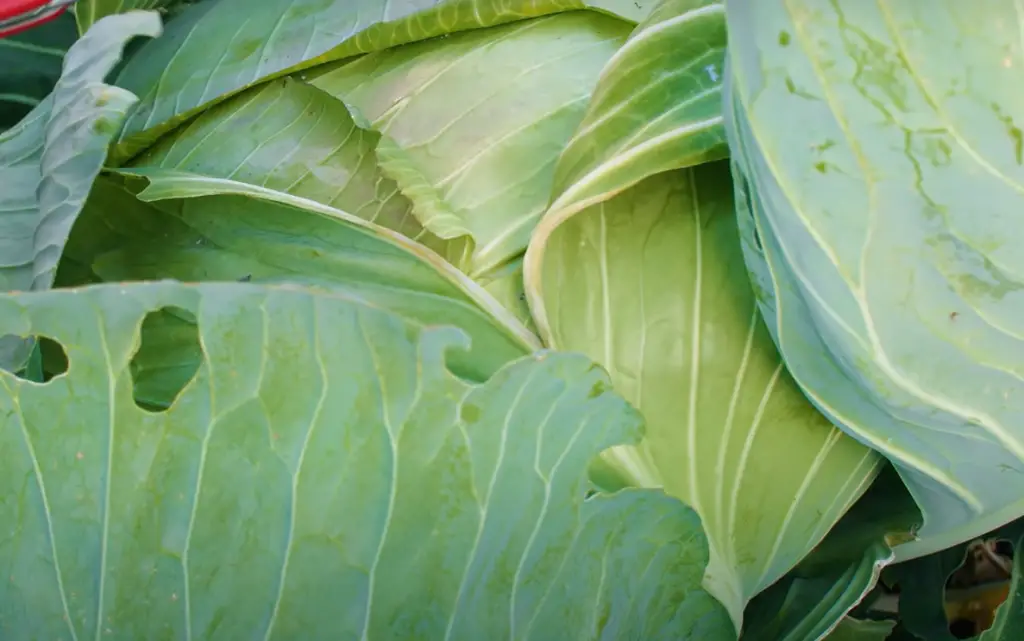
Once you have identified the insect and determined its level of infestation, you can work to remove it from your garden. This may involve picking off individual insects, using netting or barriers to keep them out of your garden, or even applying an appropriate pesticide if necessary. In any case, it’s important to act quickly to prevent further damage. With a little patience and diligence, you should be able to get rid of the most common garden pests with relative ease [1].
What Are Some of the Defining Characteristics of Aphids?
Aphids are a group of small, sap-sucking insects that tend to live in areas with high humidity and mild temperatures. They are found on many different plants, both in the wild and in agricultural settings. Aphids have piercing-sucking mouthparts which they use to extract sap from plant tissue.
They have soft bodies and are typically yellow, green, black or white. Aphids also have two short antennae and two long tubes on their hind end which are called cornicles. Cornicles secrete a waxy substance that can act as a protective barrier against predators. Additionally, most aphids have four or more generations per year and reproduce by parthenogenesis, meaning that females can reproduce without mating with males.Aphids feed on plant sap which makes them important agricultural pests. They can cause considerable damage to crops, reducing yields and quality. Therefore, it is important to recognize the signs of an aphid infestation to properly manage these pests.
To control aphids, a wide range of management strategies are available, including the use of natural predators such as ladybugs and lacewings, as well as various chemical pesticides. Additionally, the physical removal of aphids can be effective in certain situations. To reduce the risk of an aphid infestation, it is important to practice good cultural practices such as avoiding over-watering and proper pruning.
By understanding the defining characteristics of aphids and how they can damage crops, farmers and gardeners can take appropriate measures to protect their plants from these pests. With appropriate management strategies in place, it’s possible to keep aphid numbers at a minimum and ensure productive harvests [2].
How Do Aphids Typically Reproduce?
Aphids typically reproduce asexually and can produce up to 12 generations per year.
This allows them to rapidly increase their population numbers as they can produce up to 80 offspring within a single week. In some cases, sexual reproduction does occur and males have been identified in various species of aphids. However, sexual reproduction is not necessary for the survival of the species as parthenogenetic reproduction allows them to quickly adapt to changes in their environment.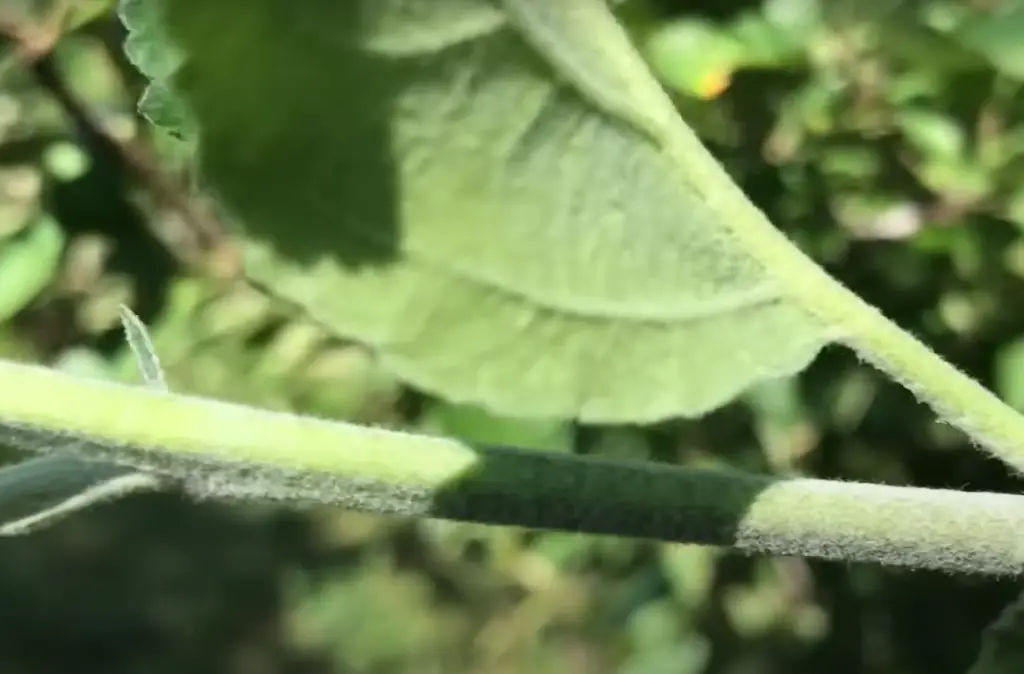
In addition, some species of aphids are capable of “host shifting,” meaning they can move from one plant species or habitat to another as the conditions change. This ability makes them extremely adaptable and able to survive in a variety of environments.
Overall, aphids can reproduce quickly and easily due to their parthenogenetic reproductive abilities, allowing them to rapidly increase their population numbers and spread to different habitats. This makes them one of the most successful insect species on Earth.
How Can You Prevent Aphids from Infesting Your Plants?
Companion Plants
One of the most effective ways to prevent aphids from infesting your plants is by planting companion plants. Companion plants can help repel pests and provide natural defenses against aphids. Some common companion plants that are known to repel aphids include garlic, chives, marigolds, lavender, nasturtiums, geraniums, and petunias. Planting a variety of these plants around your garden can help keep away pesky aphids from attacking your prized flowers or vegetables.
Beneficial Insects
Another option for preventing an aphid infestation is to introduce beneficial insects into your garden. Ladybugs and lacewings are two types of insects that naturally prey on aphids. If you notice an aphid infestation, you can easily purchase ladybugs or lacewings from a local garden center and introduce them to your garden. These beneficial insects will help control the aphid population while keeping your plants safe from damage.
Insecticidal Sprays
If all else fails, you can use insecticidal sprays to get rid of aphids on your plants. Always make sure that you read the product label before using any insecticide to ensure it is safe for your particular plant species and environment. You should also be aware of any natural predators in your area that may be affected by the use of chemical pesticides. Lastly, always follow the directions on the product label when applying insecticides to maximize efficacy and safety.
Other plants as Natural Aphid Repellents
Aside from companion plants, other plants can help repel aphids from your garden.
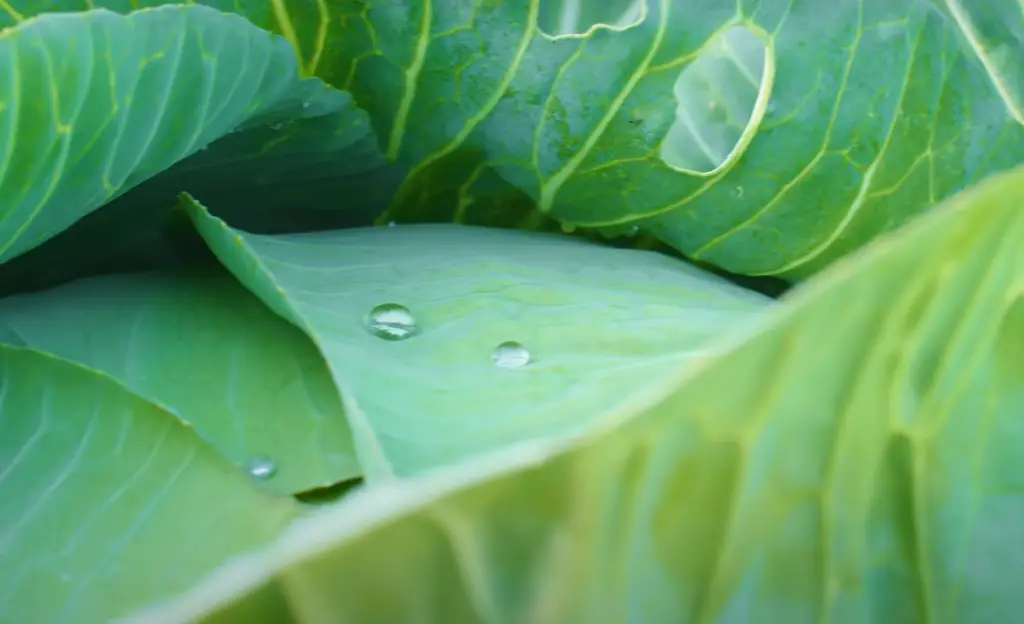
Strong-smelling herbs such as thyme, oregano, and mint have been known to repel aphids. Additionally, using mulch around your plants can also help keep away pests like aphids that may be attracted to the moist soil underneath.
Natural Predators
One of the most effective ways to get rid of aphids is to introduce natural predators. Ladybugs, lacewings, and parasitic wasps all feed on aphids and can help keep their population under control. Additionally, birds are also great at eating pests like aphids, so adding bird feeders or nesting boxes in your garden can help attract them and provide additional protection against aphid infestations.
Horticultural Oil
Horticultural oil sprays can also be an effective way to get rid of aphids. These oils smother the insects and disrupt their life cycle, ultimately killing them off. Again, always read the product label carefully before using any horticultural oil spray, and follow the directions for safe and effective results.
Clean Up Debris
Finally, it is important to keep your garden free from debris like fallen leaves or dead flowers as aphids are attracted to these areas. Cleaning up the area regularly will help prevent aphid infestations by eliminating potential habitats for them to thrive in. Additionally, regular pruning of plants can also help reduce pest populations and make it easier for you to spot any signs of anaphylaxis.
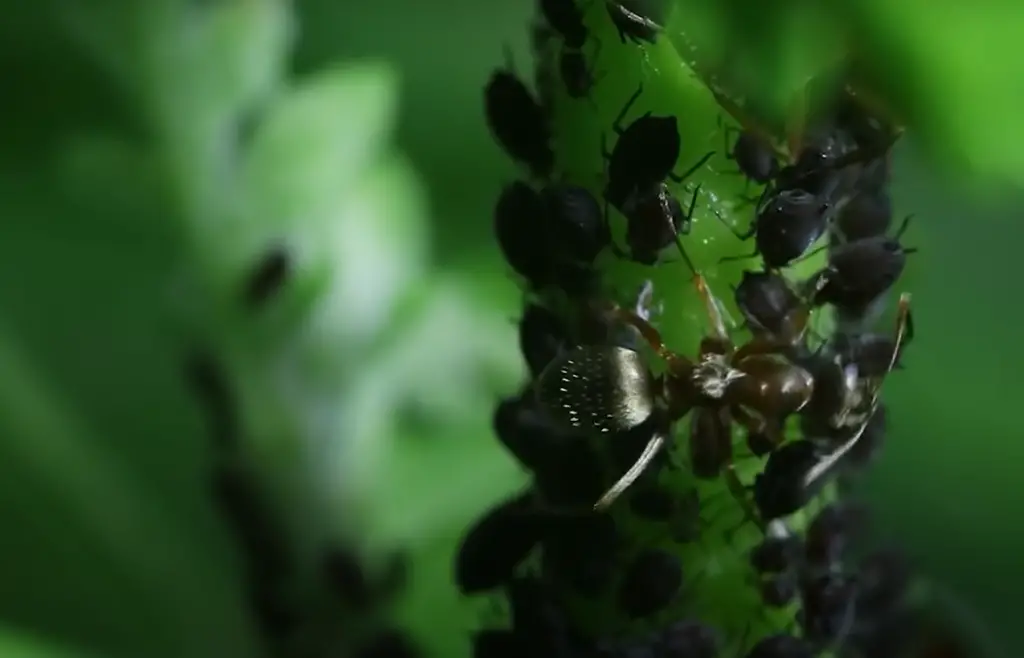
By following these tips, you can help prevent aphid infestations in your garden and protect your plants from damage. With a little bit of effort, you can have a beautiful and healthy garden that is free from pests [3].
How do you keep a garden free from harmful insects?
There are several ways you can keep your garden free from harmful insects:
- Use companion planting to naturally repel or attract beneficial insects. Companion planting is the practice of placing certain plants close together that are known to work well together, such as tomatoes and basil, or certain herbs like rosemary and thyme. These plants often give off scents that will help deter pests while attracting beneficial ones.
- Utilize natural predators to help control pests in the garden. Ladybugs, lacewings, hoverflies, and other beneficial predators can be released into the garden to feed on harmful pests without harming any of your plants or vegetables.
- Practice good garden care by keeping weeds away, regularly turning the soil, and removing any dead plants or debris that may attract pests.
- Utilize organic insecticides if necessary. Neem oil and pyrethrin are two popular natural insecticides that can effectively control most pest populations without harming beneficial insects or wildlife in your garden.
- If all else fails, contact a professional exterminator to assess the situation and determine what would be best for controlling the pests in your garden safely and effectively.
These are just a few ways to keep your garden free from harmful insects while protecting your plants and vegetables! With good practices and some help from Mother Nature, you can enjoy a beautiful, healthy garden that is free of pests [4]!
FAQ
Can you get sick from aphids?
No, aphids do not cause any type of sickness in humans. Aphids can, however, transmit plant diseases that may affect the health of plants. They also produce a sticky substance known as honeydew which can attract other pests such as ants and wasps. In addition, some people may be allergic to their saliva or release chemical secretions, resulting in skin irritation and rashes. It is important to remember that aphids are an important part of our ecosystem and should only be controlled if needed.
Are aphids dangerous?
Aphids are not generally considered dangerous, but they can damage plants by sucking out sap from leaves and stems — this reduces the vigor and growth rate of the plant. In addition, they can spread plant diseases by carrying spores on their bodies from one plant to another.
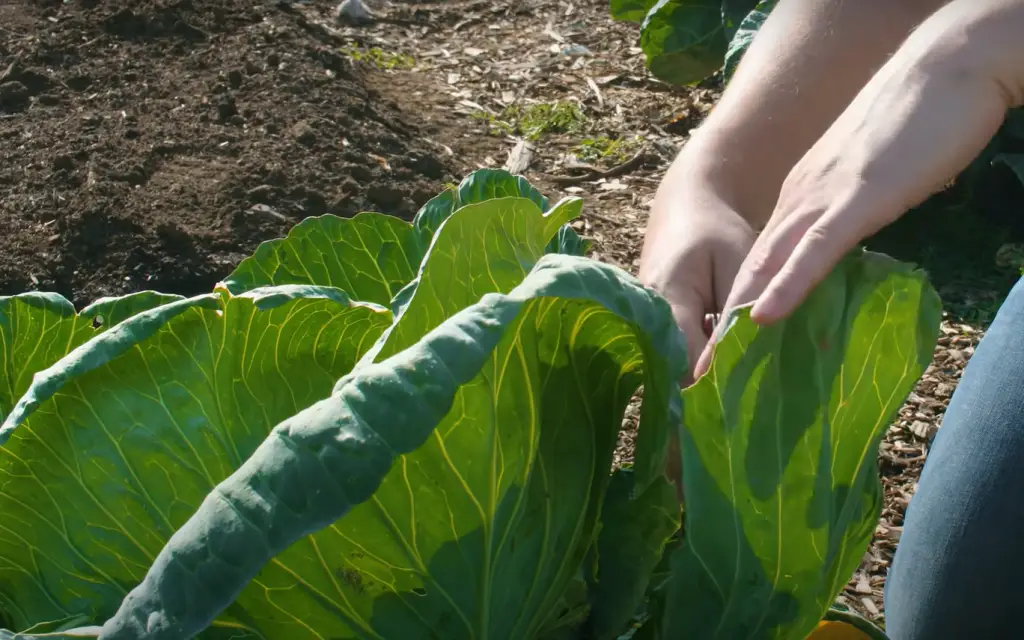
If large enough populations of aphids develop, they can even kill a plant over time.
What do aphids eat?
Aphids feed on sap from plants, usually feeding on the underside of leaves or stems. They pierce the plant with their mouthparts and suck out the phloem – this is the nutrient-rich fluid that moves nutrients around the plant via its stem and vascular system. Aphids prefer certain types of plants such as roses, beans, potatoes, cabbage, and eggplants but can feed on any type of plant.
How do you get rid of aphids?
If you notice a large population of aphids in your garden, there are several methods for controlling them. The most common method is to use an insecticidal soap or horticultural oil spray which will coat the insects and cause them to die. If the infestation is serious, you may need to apply a systemic pesticide that will be absorbed by the plants and kill the aphids as they feed. Other methods such as introducing beneficial predators or parasites can also be used to control populations. Finally, always practice good sanitation and remove infected plants from your garden when possible.
What attracts aphids?
Aphids are attracted to certain plants that provide their preferred food source – namely, flowers and vegetables. They also prefer damp conditions and areas with plenty of sunlight. To reduce the risk of an aphid infestation, it is important to avoid over-fertilizing your garden, as too much nitrogen can make plants more attractive to these pests. Additionally, planting certain companion crops near your vegetables or flowers can help ward off aphids by providing them with alternate sources of food. Finally, be sure to inspect your plants regularly for signs of aphid activity and take prompt action if any are found.
What are the side effects of aphids?
The main side effects of aphids on plants are stunted growth, wilting, and yellowing leaves. These can all be caused by the aphids’ feeding activity as well as any plant diseases they may transmit. In addition, large populations of aphids can cause sticky honeydew to accumulate on leaves and stems which can lead to the growth of a black sooty mold. Furthermore, some people may experience skin irritation or rashes if they come in contact with the saliva or chemical secretions released by certain species of aphids.
Do I need to worry about aphids?
In most cases, small populations of aphids will not cause significant damage to your garden or plants. However, it is important to be on the lookout for signs of aphid activity and take steps to control them if needed. Additionally, it is important to remember that aphids are an important part of the ecosystem so they should only be controlled when absolutely necessary.
Can aphids cause skin irritation?
Yes, certain species of aphids produce saliva or chemical secretions that can cause mild skin irritation and rashes if someone comes in contact with them. If you find that you are having any kind of reaction to an aphid infestation in your garden, immediately wash the affected area with soap and water and consider wearing protective gloves when handling potentially affected plants.
How do I prevent aphids?
The best way to prevent an aphid infestation is to practice good gardening techniques. Plant companion crops near your vegetables or flowers, avoid over-fertilizing your garden and inspect plants regularly for signs of aphid activity.
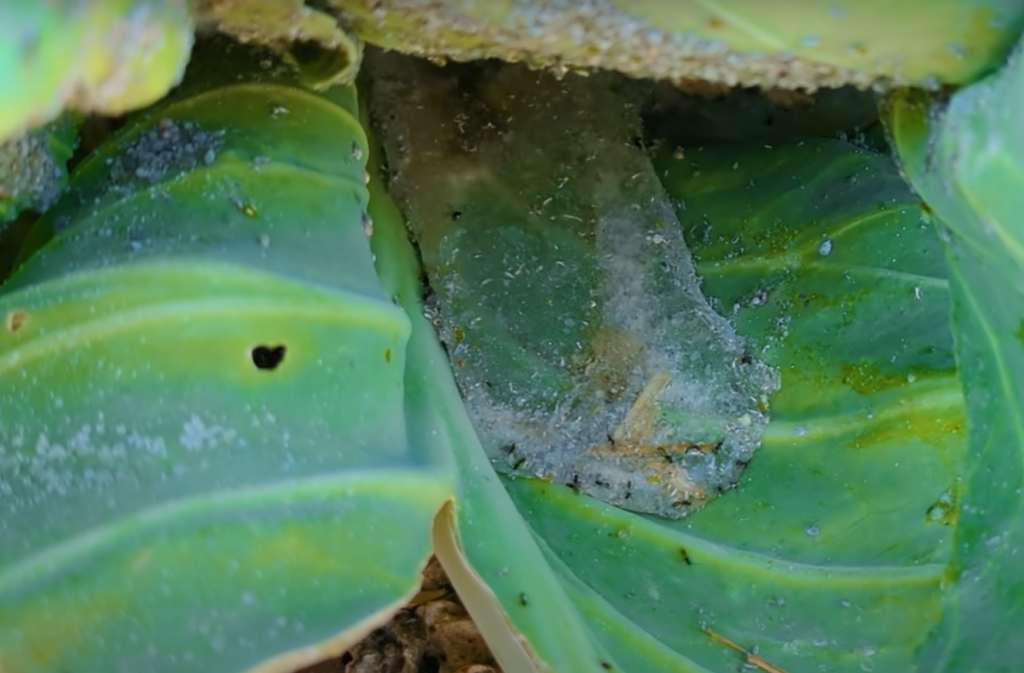
Additionally, keeping the area around your garden clean and free of debris can also help reduce the risk of an aphid infestation. Finally, introduce beneficial predators such as ladybugs or lacewings that will help keep the population under control. Taking these steps will go a long way in helping you protect your garden from unwanted pests like aphids.
Can aphids live on humans?
No, aphids typically do not live on humans and will only come into contact with us if they are accidentally disturbed or moved from their habitat. The saliva or secretions that some species of aphids produce can cause skin irritation, but these pests are unlikely to remain on the human body for any length of time. It is important to remember that while aphids can be annoying and damaging to plants, they are an important part of our ecosystem and should only be controlled when absolutely necessary.
What do aphids look like?
Aphids are small, soft-bodied insects that come in a variety of colors including green, black, white, yellow, and pink. They have long antennae and two tubes at the end of their abdomen called cornicles. Aphids range in size from 1 to 10 millimeters in length. Some species may have wings while others have a waxy coating on their bodies which helps them retain moisture. Additionally, some species also produce a sticky honeydew substance that can accumulate on leaves and stems. Knowing what these pests look like will help you recognize an infestation early so that you can take prompt action if necessary.
What methods can I use to get rid of aphids?
If you find that an infestation has taken hold in your garden, there are several methods you can use to get rid of the pests. The first step should always be to remove any affected plants from your garden and discard them so that the aphids do not spread further. Additionally, introducing beneficial predators such as ladybugs or lacewings into your garden can help keep the population in check. For larger infestations, chemical insecticides may also be used but be sure to follow all safety instructions and only use products specifically labeled for use against aphids. Finally, hose down affected plants with a strong stream of water or apply a homemade solution of soap and water to get rid of any remaining pests.
Why are aphids a problem?
Aphids can be a problem in gardens because they feed on plant sap, often causing stunted growth or yellowing of leaves. They also produce a sticky honeydew substance that can attract ants and other unwanted pests to the garden. In addition, some species of aphids produce saliva or chemical secretions that can cause skin irritation if someone comes into contact with them. For these reasons, it is important to keep an eye out for signs of aphid activity and take steps to control them if needed.
How to choose a good aphid control product?
When choosing an aphid control product, it is important to consider the size of your garden and the severity of the infestation. Additionally, read labels carefully to ensure that you are selecting a product specifically designed for use against aphids. Make sure to purchase the proper amount and follow all safety instructions when applying any insecticides. Finally, be sure to wear protective gloves and clothing when handling potentially affected plants or chemicals. Taking these precautions will help you protect yourself and your garden while controlling an aphid infestation.
Useful Video: APHIDS are GREAT INDICATORS of…
Conclusion
So, are aphids harmful to humans? The answer is yes, aphids can be harmful to humans in certain cases. They can cause plant damage that reduces crop yields and contaminate food with their waste products. Additionally, they may hurt the health of people or animals if they come into direct contact with them. It’s important to keep an eye out for these pests and take proactive steps to prevent damage from occurring. If you suspect any of your plants have been infested by aphids, it’s best to act quickly and call a pest control expert as soon as possible so that the problem can be resolved quickly and safely.
References:
- https://www.greenwaybiotech.com/blogs/gardening-articles/5-harmful-garden-insects-and-how-to-eliminate-them
- https://pediaa.com/how-to-identify-aphids/
- https://www.greenthumb.com/aphid-proof-your-plants/
- https://www.wikihow.com/Protect-Your-Garden-from-Insects





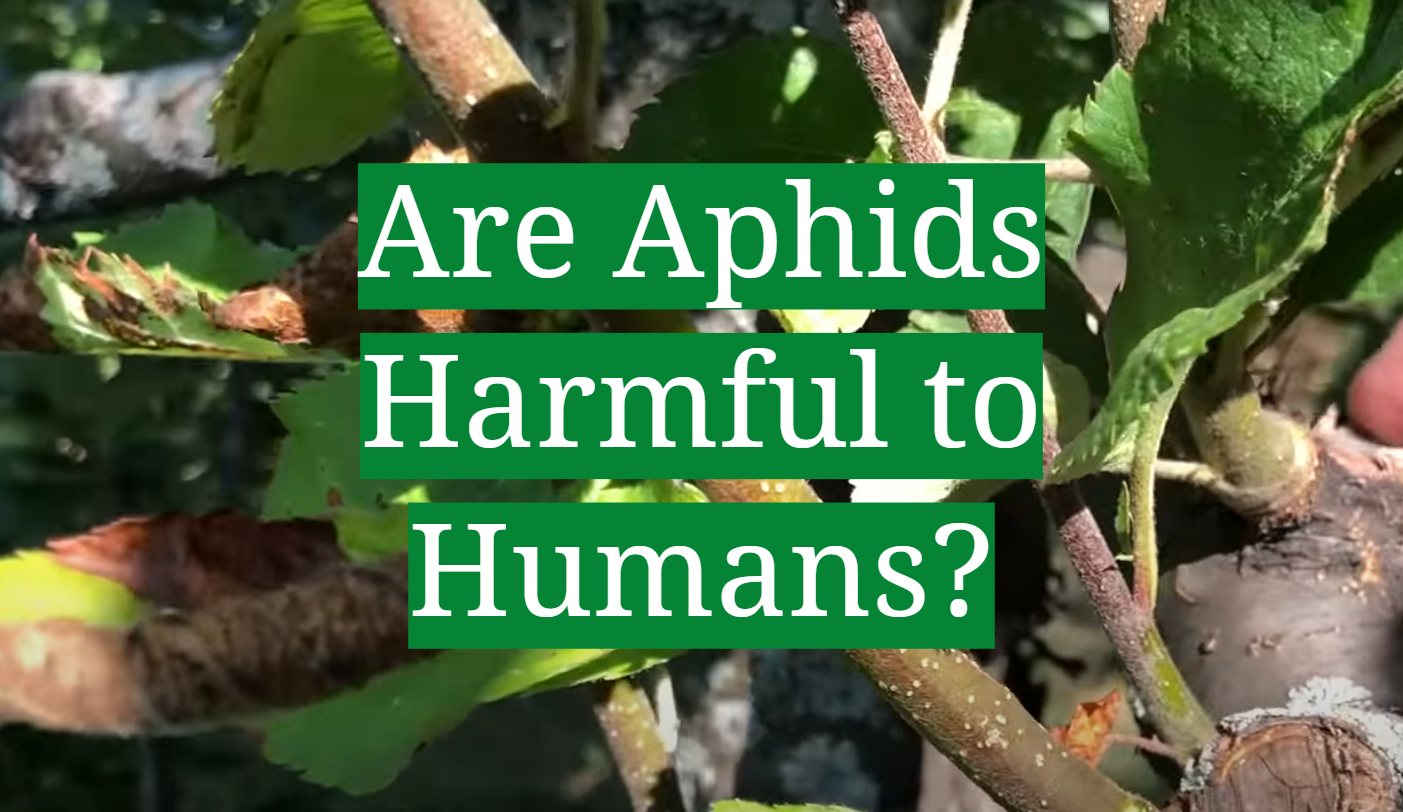
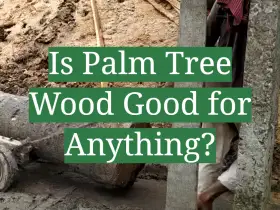
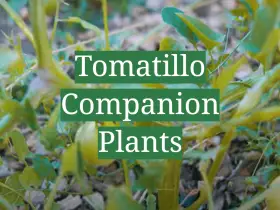
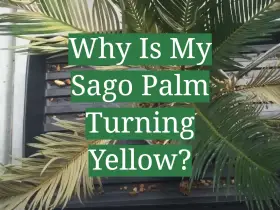
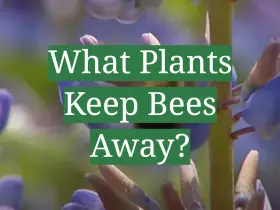
Leave a Reply
View Comments